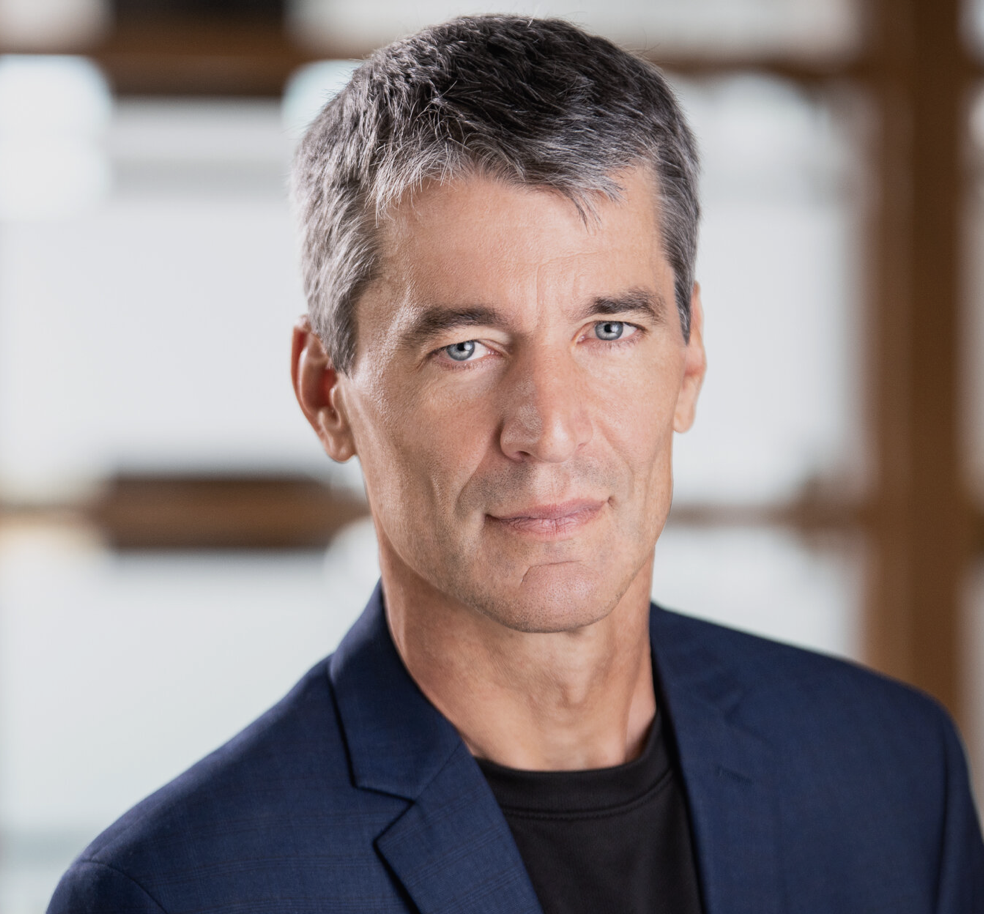Dr. Kulvinder Kaur Gill is a pediatric allergist in Toronto. She condemned COVID rules as irrational, political, harmful, and inconsistent with scientific data. In the eyes of the College of Physicians and Surgeons of Ontario (CPSO), Gill was dangerous.
In 2021, the CPSO issued three “cautions” (formal warnings) against her. In 2022 it began disciplinary proceedings. The College alleged that she was undermining confidence in public health measures. Its senior counsel wrote that her communications were unprofessional and unbalanced. In its persecution of Gill, the CPSO has made the case for its own demise. Self-regulated monopolies do not work. The CPSO and other professional regulators need competition.
Gill’s inquisition was not an isolated case. Like other medical regulators in North America, the CPSO forbade its doctors from publicly contradicting COVID orders and recommendations. Its Discipline Tribunal revoked the licence of Patrick Phillips, one of several Ontario doctors pursued for their COVID dissent.
The Nova Scotia medical college investigated Dr. Chris Milburn for writing an op-ed on the death of personal responsibility in the criminal justice system. The Ontario College of Psychologists ordered Jordan Peterson to undergo re-education on the use of social media for tweeting about politics. The BC College of Nurses seeks to discipline Amy Hamm for believing in the biology of two sexes.
The Law Society of Ontario compelled its members to state their concurrence with the ideology of “equity, diversity, and inclusion” until a group of rebel lawyers (of whom I was one) managed to repeal it, although the agenda remains. In British Columbia and Alberta, law societies are instituting politically laden “cultural competency” requirements. Teachers, occupational therapists, engineers, and accountants cannot safely voice doubts about transgenderism or “anti-racist” agendas.
This regulatory bullying is occurring within self-regulated professions. Like “ordinary” regulation, self-regulation is coercive. The state delegates authority to their governing bodies. Some doctors rule over other doctors. A licence from the CPSO is voluntary only in the sense that a driver’s licence is voluntary. You don’t get fines or prison time if you don’t get one, but then you can’t drive or practice medicine. Gill’s livelihood was on the line.
Civil servants do not run self-governing professional bodies, but they are part of the executive branch of government nonetheless. Legislation creates them and they are subject to the constitution. Self-regulation exists only for as long as the legislature says that it does.
Legislatures delegate authority, the theory goes, because professionals have the expertise to ensure competence and ethical practice in the public interest. Your surgeon should know how to cut. Your corporate lawyer should be able to draft articles of incorporation and not skim funds off your trust account. But focusing on technical competence and honest conduct no longer satisfies professional regulatory bodies.
We live in a managerial age. As C.S. Lewis wrote:
“The greatest evil is not now done in those sordid ‘dens of crime’ that Dickens loved to paint. It is not done even in concentration camps and labour camps. In those we see its final result. But it is conceived and ordered (moved, seconded, carried, and minuted) in clean, carpeted, warmed, and well-lighted offices, by quiet men with white collars and cut fingernails and smooth-shaven cheeks who do not need to raise their voices.”
Professions have become managerial cartels. Governing bodies are their godfathers, permitting only proper people and perspectives. Their purpose is not to ensure public access to a variety of professional opinions. Instead, they seek to herd people into “correct” attitudes and behaviors. Propaganda is not evil, but merely a tool to facilitate right results.
Ironically, managerial cartels turn out to be terrible managers. They excel at exercising control but not at producing good outcomes. During COVID, even propaganda was patently incoherent. Yet Gill was one of a scant few doctors and scientists to decry the public health debacle unfolding in front of them. As her lawyer Lisa Bildy wrote in response to the College’s accusations, Gill provided the public with substantiated facts on lockdowns, masking, and COVID vaccines, relying on credible and respected scientific sources and opinions.
The College had scheduled a two-week disciplinary hearing for early 2024. But in September 2023, it abruptly cancelled the hearing with no explanation. Gill’s disciplinary ordeal had come to an end, although her formal warnings remain. Bildy will challenge their validity by judicial review in spring 2024.
Self-regulation protects professions from government interference. That is ironic, given the CPSO’s insistence that their members toe the government line. But self-regulation does not protect individual professionals from the oppression of their peers. A different model beckons: multiple, private regulators competing for members, credibility, and public trust.
Professional cartels benefit the bullies who run them. There’s no reason to grant them the power of monopoly.
Join the conversation:

Published under a Creative Commons Attribution 4.0 International License
For reprints, please set the canonical link back to the original Brownstone Institute Article and Author.









